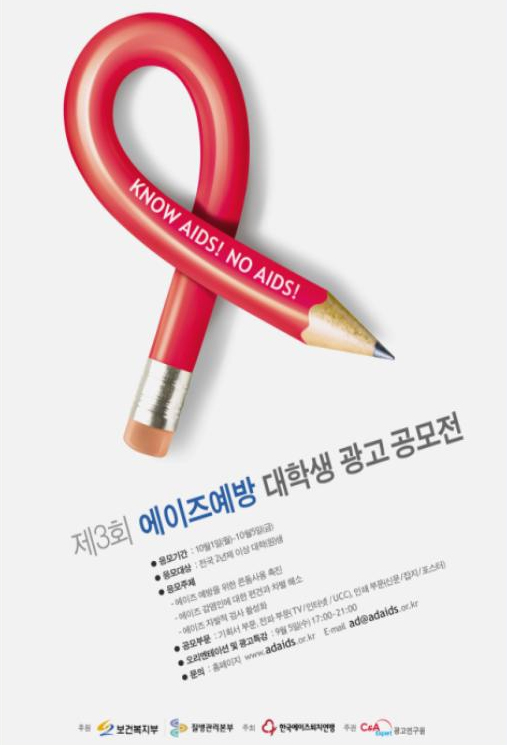Check out the new website launched by Paulo Longo Research Institute in honor of the International Day to End Violence Against Sex Workers (yes, there really is a day for everything), www.plri.org. The site looks like a good resource for news and information on sex work, harm reduction and human rights issues. A recent wander through the site turned up these things:
- A report from Pakistan’s National AIDS Control Program last spring on how human rights abuses by the police are fuelling the spread of AIDS;
- A report from Cambodia on how the response to trafficking led to a crackdown on sex workers with a lot of negative fallout;
- Articles on trafficking and migration from various perspectives;
- Articles on research methods and ethics that aim to move “toward innovative, interdisciplinary and participatory frameworks that reflect sex worker priorities and perspectives”.
The site was just launched yesterday, so there aren’t a huge number of entries yet; hopefully these will be filled out as the site develops. It would also be great if links below the abstracts led you right to the article – some just link to the host website. Put this together with AIDSLEX, the Canadian HIV/AIDS Legal Network’s new site on AIDS law, and finding resources on AIDS and human rights online just got a little bit easier.





